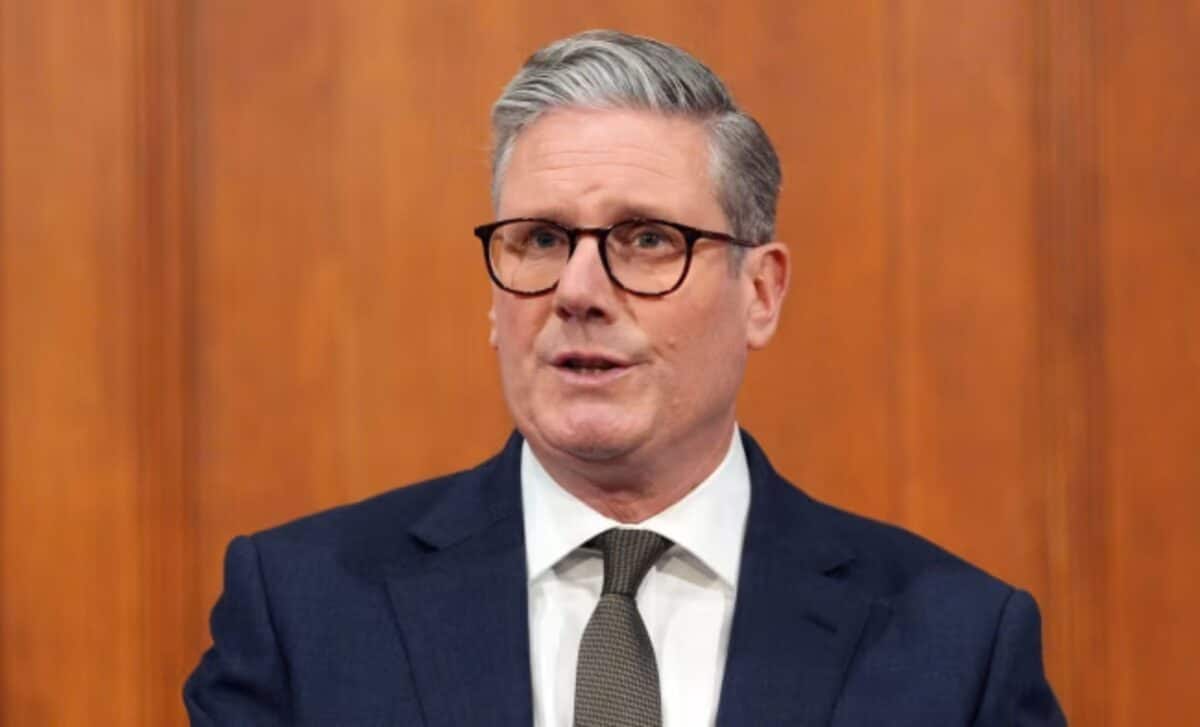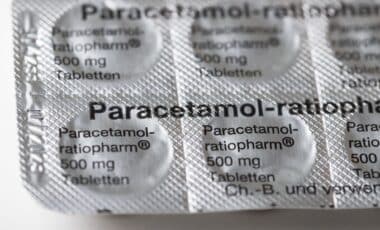Labour’s leader, Keir Starmer, has vowed to overhaul the NHS with expanded technology use, aiming to modernise the service and cut waiting times. His comments coincide with a critical report from the Health Foundation that paints a troubling picture of urgent care in England.
As the local election campaign intensifies, Starmer’s focus on the NHS is a key part of Labour’s broader strategy to present itself as the party of public service renewal.
The claims of technological progress come just days after the Health Foundation warned that A&E performance remains significantly worse than it was pre-pandemic, raising questions about the long-term resilience of the health system.
Starmer Promises Tech-Led Overhaul to End NHS “Dark Ages”
Speaking at a campaign event in north-west England, Keir Starmer described the current state of the NHS as being “stuck in the dark ages”, pledging that a Labour government would end this stagnation through technology.
According to Labour’s press release, Starmer’s plan involves expanding the use of the NHS app, aiming to slash waiting lists, speed up patient access to treatments, and reduce pressure on healthcare workers.
The Department of Health and Social Care (DHSC) reported that 1.5 million appointments have been saved through the app’s expanded functionality, allowing patients to manage bookings, view prescriptions, and access their GP records more easily.
Furthermore, DHSC data shows that 87% of hospitals now allow patients to view appointment details via the app, up from 68% in July 2024.
Starmer’s message builds on long-standing efforts across political parties to digitise the NHS. Yet while improvements in digital services are evident, whether these measures constitute a full exit from the “dark ages” remains open to debate.
Critics have pointed out that previous government initiatives, including those under Matt Hancock, similarly promoted technological upgrades with mixed results.
Emergency Care Performance “Far Worse” Than Pre-Pandemic
On the same day as Starmer’s announcement, the Health Foundation released a report offering a sobering assessment of urgent and emergency care in England. According to the thinktank, this winter saw only 73% of A&E patients treated within four hours, far below the 95% constitutional target and in line with performance levels from the previous two winters.
The report highlights that the number of people facing 12-hour waits reached a record high, while ambulance handover delays and A&E diversions were worse than in previous years.
The Health Foundation warned against attributing these operational issues solely to seasonal factors, arguing that the current situation reveals deeper structural weaknesses within the NHS.
The findings raise pressing questions for policymakers, particularly as the government prepares its Urgent and Emergency Care Plan. According to the Health Foundation, urgent reforms are necessary to address these systemic challenges and restore public confidence in emergency services.
While Labour’s proposals offer a vision of a tech-empowered NHS, the ongoing crisis in A&E departments underscores the scale of the task ahead.









